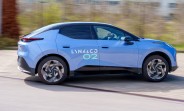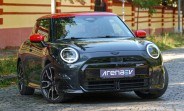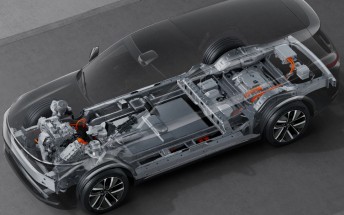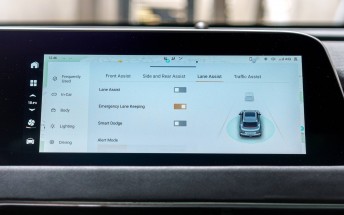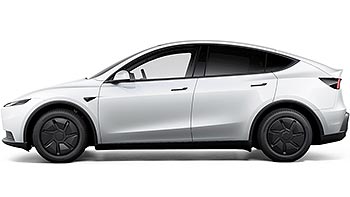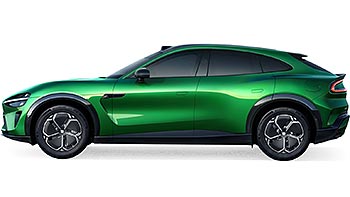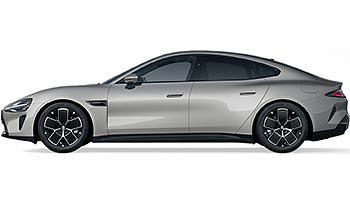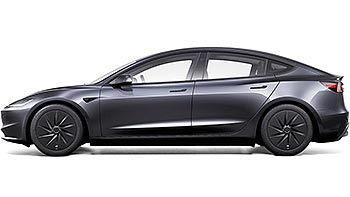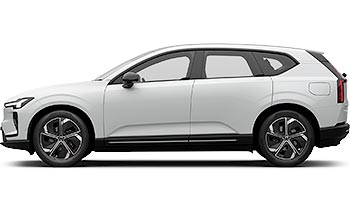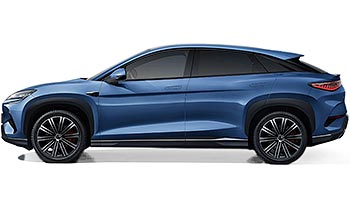Xiaomi's recipe for a new EV: buy three Teslas and take them apart

It is often said that imitation is the sincerest form of flattery. For Chinese tech giant Xiaomi, that flattery involves wrenches, screwdrivers, and a deep dive into the competition's nuts and bolts. The company's chief executive, Lei Jun, confirmed what many in the industry suspected: to build its new YU7 electric SUV, Xiaomi started by buying three of its biggest rivals, the Tesla Model Y, and systematically taking them apart.
Speaking to a large audience at the Beijing National Convention Center, Lei laid out the company's strategy with surprising openness. "We bought 3 Model Ys at the start of this year, disassembling the parts one by one, and studied every component, one at a time," he explained.

This was a meticulous engineering exercise designed to understand every decision Tesla's designers and engineers made, from the chassis construction to the software integration. The goal was to benchmark against what many consider the industry standard for electric SUVs before finalizing the design for Xiaomi's own YU7.
What's more surprising than the admission of a teardown was the CEO's tone. In an industry where executives often dismiss or criticize their rivals, Lei Jun was remarkably complimentary of Elon Musk's creation. With a side-by-side comparison of the YU7 and the Model Y displayed on a large screen behind him, Lei told the crowd that Tesla had built a truly impressive vehicle.

"I'm not criticizing the Model Y. The Model Y is a very, very outstanding car," he stated, adding, "If you don't choose YU7, you can consider Model Y." This kind of public praise for a direct competitor is a rare sight in the automotive world.
The practice is known as benchmarking or teardown analysis, and is far from unique to Xiaomi. Automakers and electronics companies buy competitors' products all the time to reverse-engineer their successes. It's a standard operating procedure for understanding material choices, manufacturing techniques, and cost-saving measures that aren't visible from the outside.

From smartphone makers dissecting the latest iPhone to traditional car companies analyzing a rival's new transmission, the practice is a core part of research and development. In fact, a Xiaomi SU7 sedan was spotted not long ago near Ferrari's headquarters in Italy, fueling speculation that even the legendary sports car brand might be benchmarking the new Chinese EV.
Xiaomi's hands-on research appears to be paying off in a big way. The company, already a household name in China for its consumer electronics, has exploded onto the EV scene. When the YU7 launched in June, it secured over 240,000 preorders within the first 24 hours.

The incredible demand for Xiaomi's new electric cars has created an ironic problem for the company: it can't build them fast enough. Some customers who placed preorders for the YU7 have been told they could be waiting more than a year for delivery.
This massive backlog has put Lei Jun in the peculiar position of actively recommending his competition. In posts on social media and at public events, the CEO has encouraged eager buyers who don't want to wait to consider alternatives. His list of suggested EVs includes models from XPeng and Li Auto, and, of course, the Tesla Model Y—the very car his team so carefully dismantled to get a head start.
Related
Reader comments
- Anonymous
Copium is hard I see with you indians
- 02 Oct 2025
- q}r
- vcrule
So what else is new? lol you expected the chinese to come up with some innovative never heard of tech? they prefer the steve jobs way: copy copy copy and improve.. ohw ait, half o f jobs ideology for they dont make it better, just copy with some tw...
- 01 Oct 2025
- g@4
- Satya
You can not justify these actions... saying everybody is thief and so am I.. :)
- 01 Oct 2025
- 7kp





